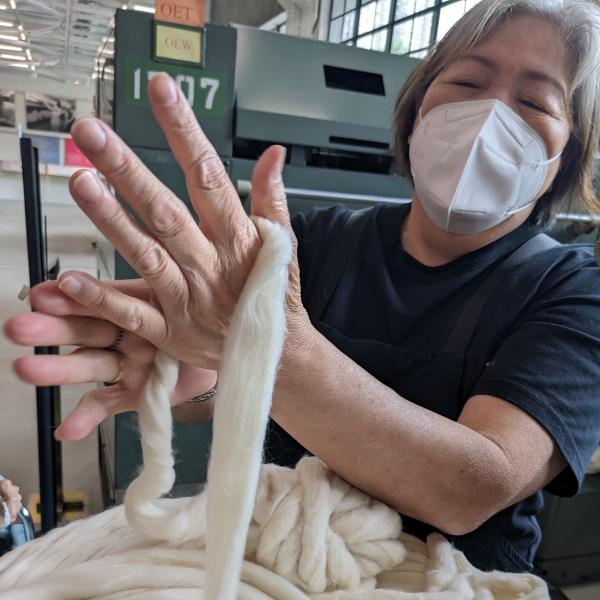The Department of East Asian Languages and Cultures has launched “Global Qing and Its Legacies,” a project that funds research, teaching, and visiting lectures.
Leung Tung Peter, BS ’80, and Lin Young have donated funds to the Department of East Asian Languages and Cultures at Washington University for the creation of a project that will explore the global impact of China’s Qing dynasty. “Global Qing and Its Legacies” is a three-year project that will support curriculum development grants, collaborative research seed grants, and a continuing lecture series exploring the Qing Empire (1637–1912) from a global perspective.
Leung Tung Peter Young is the chief executive officer for Chemcentral Group, the first paper and paper processing service agency in China. He earned a bachelor’s degree in chemical engineering from Washington University in 1980.
Young has become increasingly interested in the Qing Dynasty while doing business in China. He believes that it is important for historians, both within China and abroad, to reconsider how the legacy of the Qing era has been coopted for political purposes by contemporary leaders.
“We need to understand that there are different perspectives,” he said. “People in China are gradually coming to realize that there could be a variety of perspectives about the history of that region. The purpose of this project is to encourage discussions and to talk about the stories we tell about our history, because talking about it is better than not talking about. If you don’t talk about it, the wounds are not going to heal.”
Though the Qing Empire fell over a century ago, the legacy of its socioeconomic, political, and cultural achievements is felt to this day. WashU is home to a growing community of scholars and students interested in this era of Chinese history, as well as the world-class East Asian Studies Library. The Youngs’ generous donation will bolster this field of study at WashU.
In its first semester, the project has funded a number of campus initiatives:
- Ulug Kuzuoglu, assistant professor of history, received a curriculum development grant for the undergraduate course “Cancel Gutenberg: Blocks, Types, and Books in Early Modern China,” which will explore print culture in early modern China from a global perspective.
- Elizabeth Reynolds, postdoctoral fellow in history, received a curriculum development grant to design a course called “Empire and Ethnicity: Qing Legacies in China and Inner Asia, 1600 to Today,” which will focus on multiethnic foundations of the Qing Empire and rethink Chinese history from non-Han perspectives.
- Min Wang, graduate student in Chinese and comparative literature, received a grant to pursue archival research at the Harvard-Yenching Library and Stanford University, once travel restrictions are relaxed, on the self-strengthening movement in the late Qing Dynasty.
- Andrew Liu (Villanova University) and David Brophy (University of Sydney) will give virtual lectures for the WashU community.
“Our department is poised to embark on a new paradigm of research and teaching that spans geographic and disciplinary boundaries,” said Zhao Ma, associate professor of modern Chinese history and Global Qing project director. “The Global Qing project helps to create synergies between our regions of study (China, Japan, and Korea) and expand communicative avenues between this department and the departments of History, Art History and Archaeology, and other units.”


